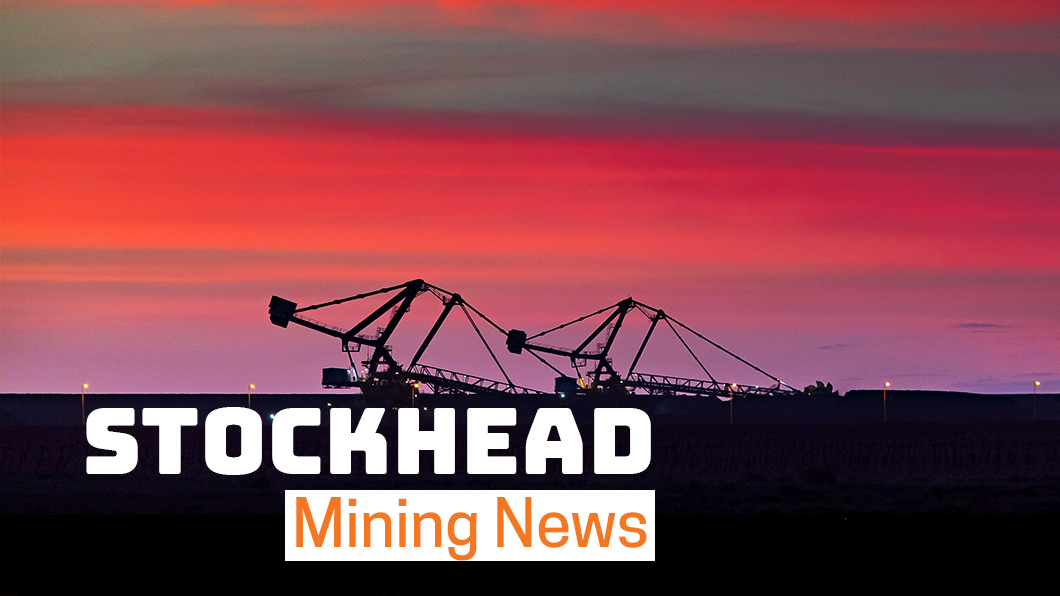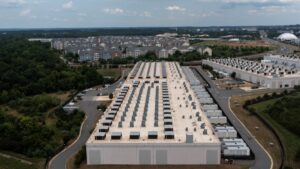SA launches global challenge to kickstart its downstream critical minerals industry

Pic: Bloomberg Creative / Bloomberg Creative Photos via Getty Images
- SA contains 65% of Australia’s copper, graphite, zircon, halloysite, cobalt, rare earths and magnesite
- State Gov offering prize pool of $250,000 up for grabs to launch business operations
- Incentives include marketing, networking, and business development.
South Australia’s government has launched a new initiative to capitalise on its critical minerals sector, called Thinking Critical South Australia.
The online challenge is seeking entrepreneurs and companies to help grow the state’s critical minerals sector, which accounts for 65% of Australia’s copper, graphite, zircon, halloysite, cobalt, rare earths, and magnesite.
With a prize pool of $250,000, winners will nab a capital injection to kickstart their business along with marketing, networking, and business development.
Speaking with Stockhead, SA Department of Energy and Mining executive director for mineral resources Alex Blood said the idea is to build the state’s processing capabilities.
“The idea is to attract national or global businesses who are innovative, and who are positioned in the manufacturing or processing areas of the critical minerals supply chain, to South Australia,” she said.
“It’s also the goal of Australia nationally to increase our participation in the critical minerals industry.
“We want these businesses to set up here and we want to work with them to develop new and existing concepts and expand on them commercially.”
Critical minerals are vital for #SouthAustralia our #TransformationEconomy. Thinking Critical South Australia has been developed in partnership with @Unearthed Solutions to reward new projects and great ideas in critical minerals.
To find our more https://t.co/0qDWePyMO2 pic.twitter.com/ET4hnX9qOH— DEM_sagov (@DEM_sagov) November 2, 2021
Aerospace, AI, Defence – you name it
The state is host to the Australian Space Energy, the National Security Centre and the Lot Fourteen Innovation Hub, Australian Defence Force bases and the Australian Critical Minerals Research Centre.
And Blood said it makes sense to foster that community of innovation and share technological advances across different sectors.
“The state is experiencing rapid growth and expansion across space, defence, technology, and the engineering technology sector for mining,” she said.
“The Tonsley Innovation District for example has the first demonstration project of hydrogen being injected into natural gas lines residentially.
“And the state has quite a forward position on renewable energy, I think we’re up to 62% renewables which puts us and Denmark fighting for world number one in green, energy sourcing.
“By 2030, we’ll be 100% net green renewables mainly because of the solar and wind play, but we’ve also got quite an advanced hydrogen industry starting to really move here with the Port Bonython Hydrogen Hub which will have export potential next to – hopefully – future green steel manufacturing.
“Are we attracting robotics, are we attracting space, are we attracting defence? I think it’s all of those things, because they are the industries that are really taking off here.”
Expanding the value chain downstream
“We think that now is the time for us as a government to try to attract and really focus on expanding the critical minerals value chain,” Blood said.
“There’s a lot of talk about the resource but it’s bigger than what’s in the ground.
“It’s everything else that adds value along the way, and we’re aiming to increase our manufacturing footprint nationally.
“We want to discover it here, mine it here, process it here, and manufacture it here.”
“It’s quite a complex manufacturing chain and yet because we’re so heavy in the renewable field, we know that it’s an absolute must that Australia’s able to play that lead role with the shortages and the lack of quantity to meet impending demand from tech and green energy.”
Something to offer start-ups and established companies
Blood said the challenge would offer everything from business mentoring, networking opportunities and support programs for start-ups to establish their business, access capital and gain a foothold in the industry.
And for established companies looking to grow or open new operations, they would gain access to the Australian Critical Minerals Research Centre, potential clients and a community of likeminded technological innovators.
“The rate of growth in South Australia is quite amazing and Lot Fourteen has become a real hub for that space, defence, cybersecurity, and artificial intelligence,” she said.
“Tonsley is very much around manufacturing innovation, with engineering advances, robotics and autonomous vehicles.
“The ability to link into those networks is something we want to be able to offer, we’re trying to provide the types of things will enable a business to be successful and to grow.”
The first round of the challenge closes on 31st January 2022, with the winners to be announced June 2022.
UNLOCK INSIGHTS
Discover the untold stories of emerging ASX stocks.
Daily news and expert analysis, it's free to subscribe.
By proceeding, you confirm you understand that we handle personal information in accordance with our Privacy Policy.








